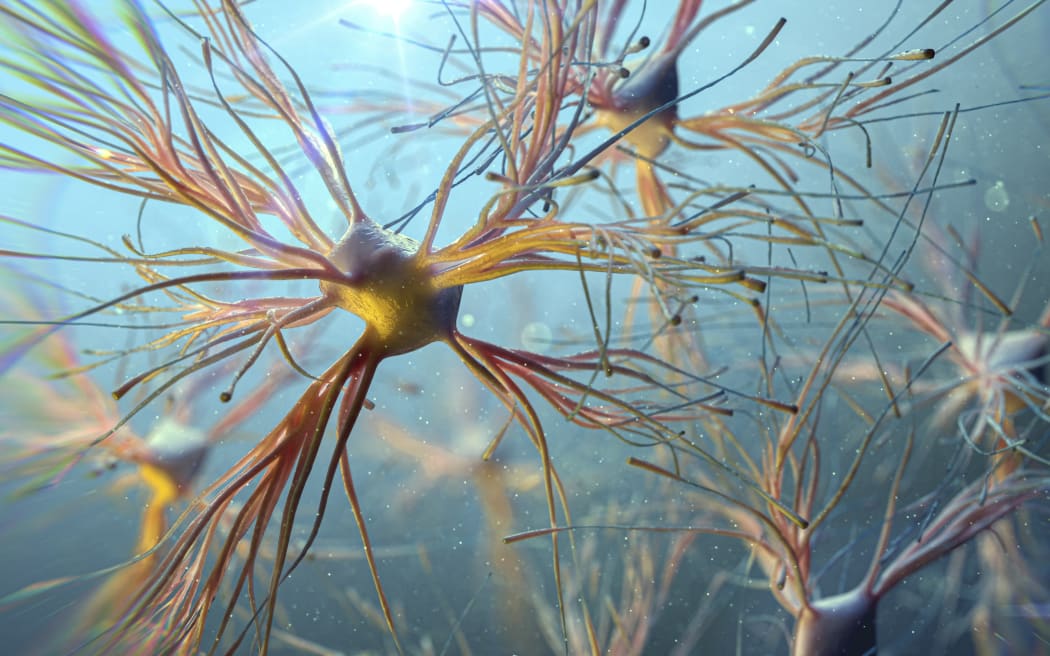The first 1000 days are the most important of our lives – why? Because in those first three years of life our brain is rapidly changing and developing, our neuroplasticity is at its peak.
It was once thought that this remarkable capacity to remodel ended with youth, but the brain’s plasticity is a constant force in shaping who we are.
Change can come about unconsciously and, interestingly, through conscious effort. Science journalist and BBC Future reporter Melissa Hogenboom, recently decided to test the theory of mindfulness and its power to physically alter the brain – book ending the experiment with MRI scans.
At the end of six weeks, she had the results of her effort to rewire her brain.

Photo: THOM LEACH / SCIENCE PHOTO LIBRA

